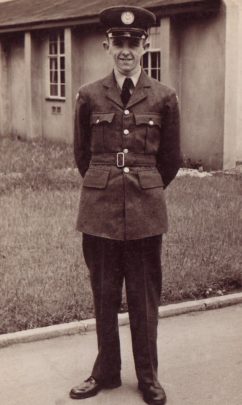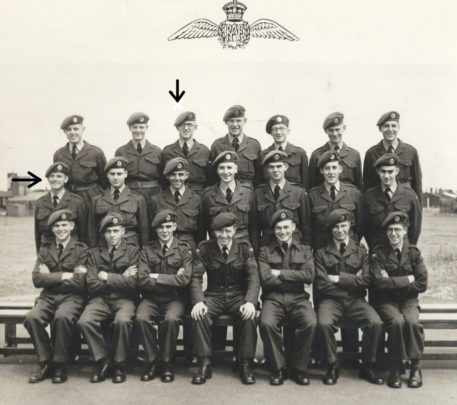‘Should we bring back national service to solve problems in society?’

I still lived in England in 1953, I was 18 years old and national service was still in operation. Every male who was fit had to do it, unless you were able to work some sort of deferment due to apprenticeships, illness or some other cause. I was serving an apprenticeship at the time, but I worked out I would lose less money by going in straight away than if I finished my job commitment, so on May 28, 1953 I donned the uniform of a ‘sprog’ aircraftsman!

National Service in England was two years long (unlike the much shorter period in Australia at the time), a considerable time out of a kid’s life — more than 10 per cent in fact and a lot of young men really hated the thought of ‘going in’. Yet in retrospect, it was one of the happiest periods of my life.
I entered as a boy, untidy, undisciplined, impolite and with grandiose ideas about how important I was in the scheme of things. I came out, two fairly tough years later, a man, a man who had learned to respect the lives and wishes of other people, had acquired a much more disciplined approach to life and had, quite literally, had a few ‘corners’ knocked off.
If you’re living in a billet with 12 or more other blokes you have to have respect; it would be impossible to live otherwise. We had one chap who was, to put it nicely, not very clean! In fact, he was plain dirty and you knew it as soon as he walked into the room, without even having to look up from whatever you were doing.
His condition was pointed out to him on several occasions, but he took no notice, to his own cost; because eventually, several billet members grabbed him and took him forcibly out to the showers, where they scrubbed him with a nail brush. He never allowed himself to get dirty and smelly again — a good lesson learned!
The greatest strength of any group of military personnel is in their discipline. It is their discipline that holds then together as a group in times of danger and it is discipline that enables a comparatively few servicemen to control a mob that may contain twice as many people as them. It’s also that discipline that enables us to live in civilised society, otherwise the world would just be a rabble — another good lesson learned!

Above all, being in the services taught me that I wasn’t the most important individual on this planet — I was (and still am), a very small cog in a very large machine called the human race. Very few of us have the opportunity to attain greatness and the rest of us have to accept that we fit into a niche we create for ourselves, a niche that isn’t made of concrete, so we can always move up through society with intelligence and hard work, once we accept that we may not be quite as clever and important as we once thought we were — a third good lesson!
I’d have to say that I don’t regret having done national service at all — it undoubtedly did me more good than harm, even though at the time it appeared to be a large lump cut out of my very important life. I’d go so far as to suggest that a lot of young people of today would be a lot better off for an experience of good old military life; they might not be so eager to get into trouble with authorities as many of them seem to be doing at present. In the long run, they might be the happier for it too.








 Proudly Australian owned and operated
Proudly Australian owned and operated